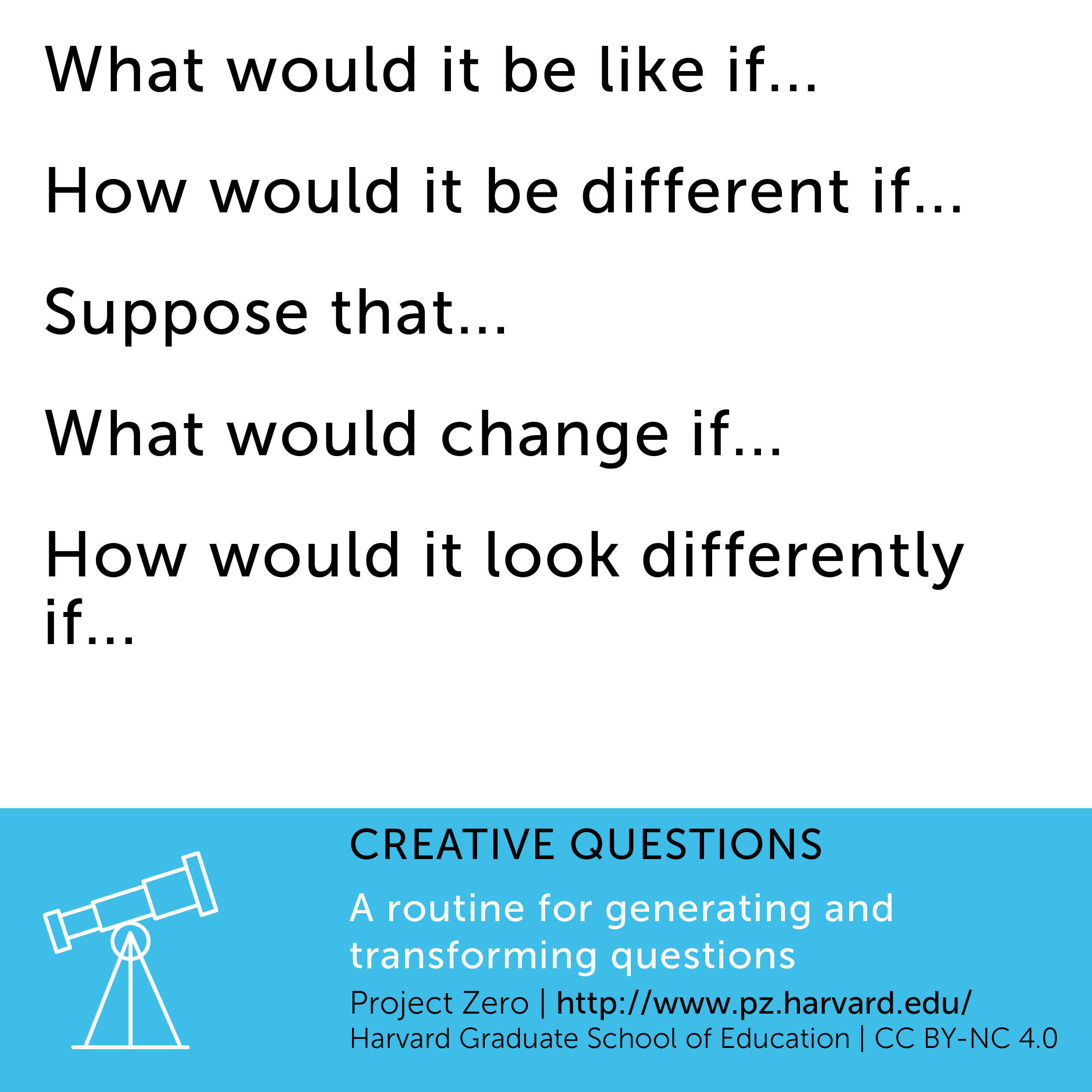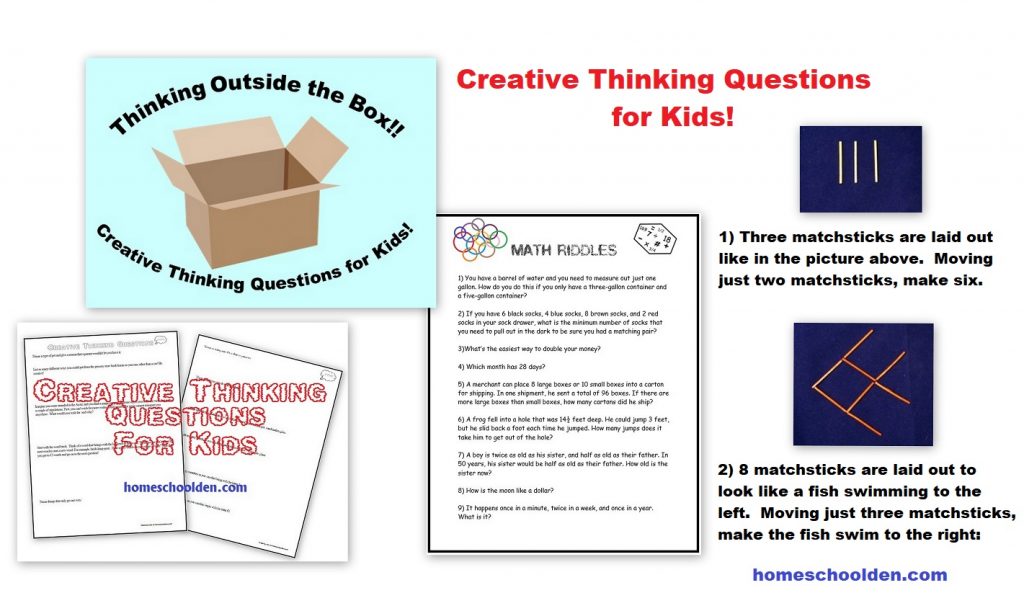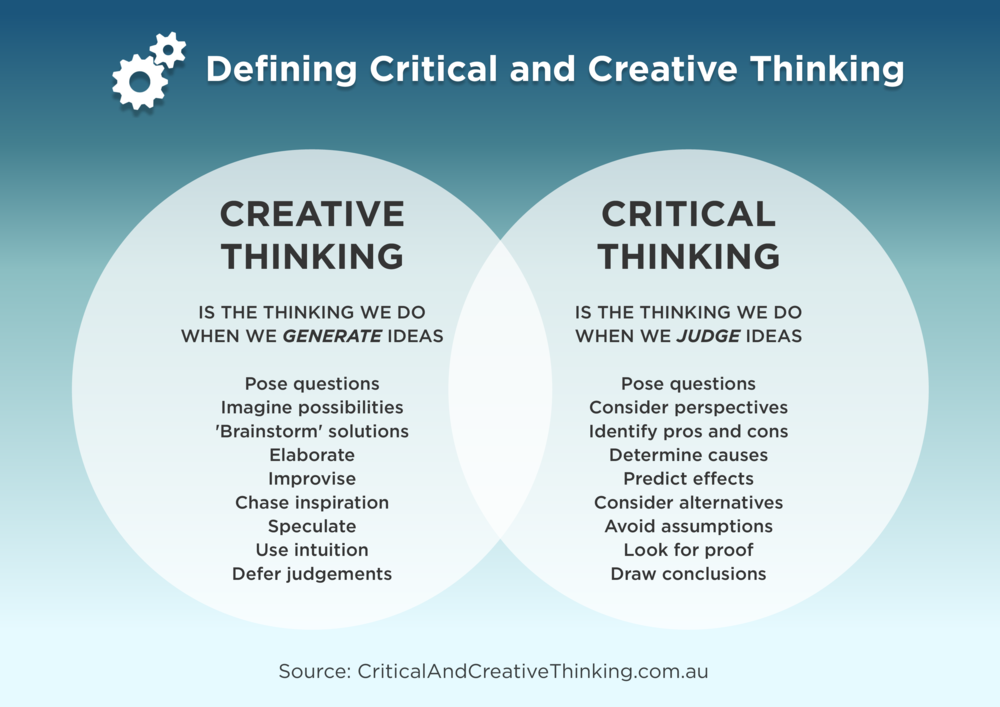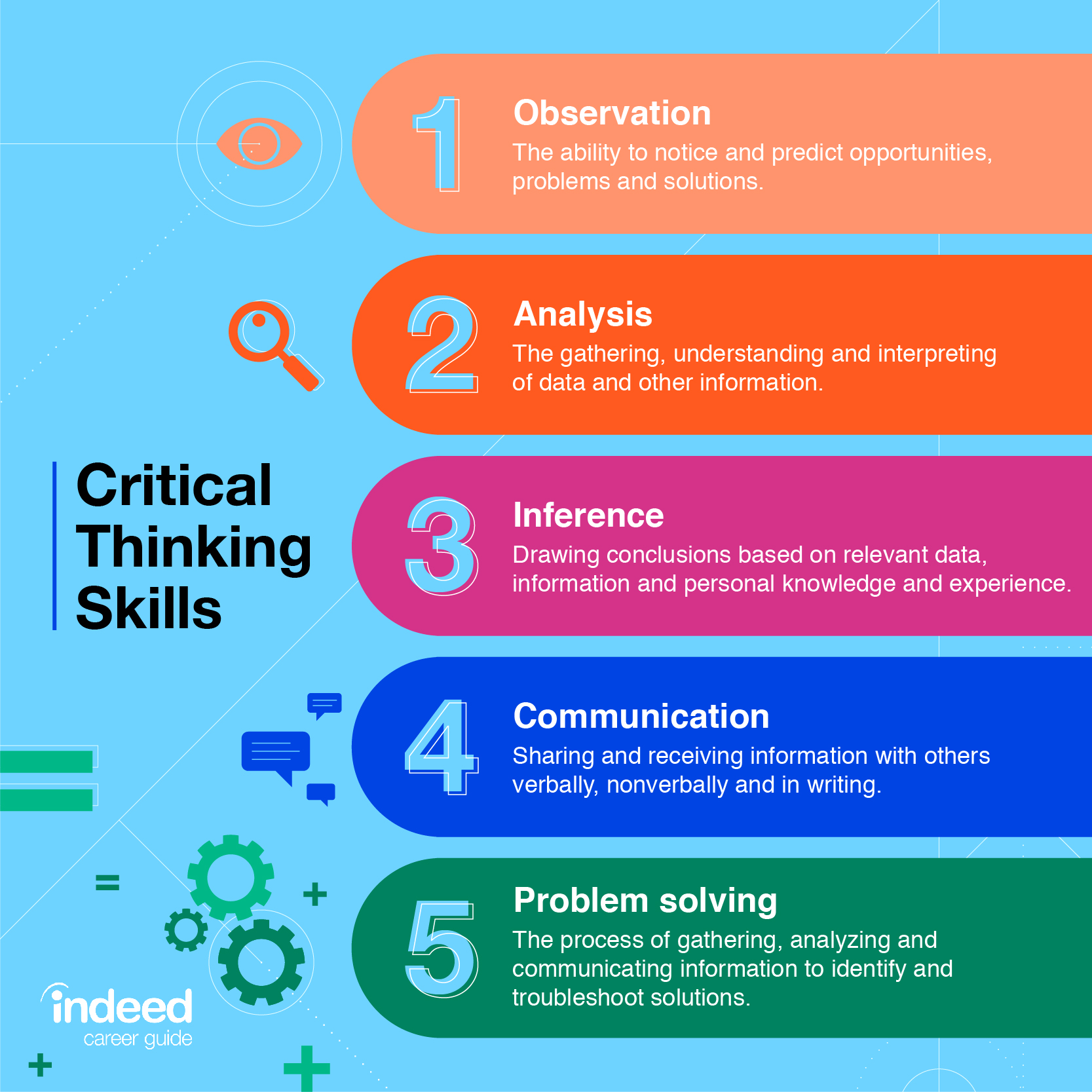Creative Thinking Questions for Students
In today’s fast-paced and ever-changing world, it is crucial for students to develop creative thinking skills. Creative thinking questions help stimulate innovative ideas, encourage problem-solving, and foster critical thinking abilities. By asking students open-ended questions that require them to think creatively and outside of the box, educators can enhance their intellectual growth and prepare them for success in the future.
Exploring the Benefits of Creative Thinking Questions
When students are posed with creative thinking questions, it challenges them to think beyond memorization and recall. These questions tap into their imagination and encourage them to explore different perspectives and possibilities. By engaging in such activities, students can enhance their cognitive abilities, improve their analytical skills, and develop their ability to think critically. Furthermore, creative thinking questions promote innovation, communication, and problem-solving skills – essential components for success in academia and the real world.
Tips for Incorporating Creative Thinking Questions
To effectively incorporate creative thinking questions into the classroom, educators can:

Utilize open-ended questions that have no right or wrong answers
Encourage group discussions and collaborative thinking
Provide a supportive and non-judgmental environment
About Creative Thinking Questions for Students
Creative thinking questions for students are designed to challenge their conventional thinking and stimulate their imaginative and critical faculties. By incorporating these questions into lesson plans and classroom activities, educators can cultivate students’ creative thinking abilities, enhance their problem-solving skills, and promote their overall intellectual development. With the right guidance and encouragement, students can become innovative thinkers, capable of tackling complex challenges and contributing positively to the world.
Famous Figures and Creative Thinking Questions for Students
Throughout history, many renowned individuals have highlighted the importance of creative thinking. Albert Einstein, for example, once said, “Imagination is more important than knowledge.” This emphasizes the significance of fostering creative thinking in young minds. By encouraging students to ask and explore creative thinking questions, educators can help unlock their potential and inspire them to think outside the box, just as influential figures like Einstein did.
Practical Tips for Engaging Students in Creative Thinking Questions
Here are some practical tips to engage students in creative thinking questions:

Encourage curiosity and risk-taking
Provide a variety of stimuli, such as images, videos, and real-life examples
Allow for flexible and open-ended responses
Featured Creative Thinking Questions for Students:
1. If you could design a sustainable city, what innovative features would you include?
2. How would you solve a problem without using conventional methods?
3. What are some alternative uses for everyday objects?
4. Imagine you have unlimited resources – what creative project would you undertake?
Question and Answer about Creative Thinking Questions for Students
Q: How do creative thinking questions benefit students?
A: Creative thinking questions promote critical thinking, problem-solving, and innovative ideas among students.
Q: How can educators incorporate creative thinking questions into the classroom?
A: Educators can utilize open-ended questions, encourage group discussions, and provide a supportive environment to incorporate creative thinking questions effectively.
Q: Why is it important to foster creative thinking in students?
A: Fostering creative thinking in students helps develop their cognitive abilities, analytical skills, and prepares them for success in academia and the real world.
Q: Who are some famous individuals who emphasized the significance of creative thinking?
A: Albert Einstein and other influential figures have highlighted the importance of creative thinking in intellectual growth and innovation.
Conclusion
Creative thinking questions for students play a vital role in enhancing their critical thinking abilities, problem-solving skills, and overall intellectual development. By incorporating these questions into educational settings, educators can prepare students for success in an ever-evolving world that requires innovative and creative solutions. The benefits of creative thinking questions extend beyond the classroom, contributing to personal growth and the ability to think outside the box.
If you are searching about Creative Thinking Activities for Students | Top Teaching Tasks you’ve came to the right place. We have 10 Images about Creative Thinking Activities for Students | Top Teaching Tasks like Resources :: Creative Questions: Project Zero Visible Thinking Routine, Example of creative thinking questions. | Download Scientific Diagram and also Creative Thinking Activities for Students | Top Teaching Tasks. Read more:
Creative Thinking Activities For Students | Top Teaching Tasks

www.pinterest.com
Resources :: Creative Questions: Project Zero Visible Thinking Routine

learninglab.si.edu
Creative Thinking Activities – Homeschool Den

homeschoolden.com
thinking creative activities kids questions liesl critical done ve some other homeschoolden
An Introduction For Learners Developing Creative Thinking Skills

thongtingiaypheplaixe.com
Critical Thinking Questions For Kids! | Creative Thinking, Math Riddles

www.pinterest.com
homeschoolden
Pin On Free Educational Resources

www.pinterest.com
Example Of Creative Thinking Questions. | Download Scientific Diagram

www.researchgate.net
20 Creative Questions To Ask Kids | Critical Thinking Activities, Kids

www.pinterest.com
critical
10 Essential Critical Thinking Skills (And How To Improve Them

www.indeed.com
Example Of Creative Thinking Questions. | Download Scientific Diagram

www.researchgate.net
10 essential critical thinking skills (and how to improve them. Example of creative thinking questions.. Example of creative thinking questions.



